TEMPO.CO, Jakarta - In a move that has sparked debate, President Prabowo Subianto has designated the Nusantara Capital (IKN) in East Kalimantan as the nation's "political capital" by 2028. This designation, outlined in Presidential Regulation No. 79 of 2025, has raised questions because the term 'political capital' is not officially recognized in Indonesian law.
According to the regulation, the goal is to fully establish IKN as the political capital by 2028. This will be achieved through strategic planning, regional development, and the relocation of government functions.
The regulation’s annex states: "The planning and development of the region, as well as the relocation to the Nusantara Capital, are carried out to support the realization of the Nusantara Capital as the political capital in 2028."
The "Political Capital" Term Is Not Found in Law
The phrase "political capital" is not mentioned in key legislation such as the National Capital City Act No. 21 of 2023, which outlines the functions of the central government. This has led to confusion among experts and politicians.
The term "political capital" is not officially recognized in Indonesia's existing regulations. The National Capital City Act No. 21 of 2023, for instance, outlines the functions of the central government in Article 12, paragraph (1), but makes no mention of the term "political capital" at all. This has led to confusion among experts and politicians.
Wasisto Raharjo Jati, a political researcher from the National Research and Innovation Agency (BRIN), suggests that a "political capital" functions as the center of government, separate from a comprehensive "national capital" that includes all other functions.
"The concept is similar to that of the Netherlands. The political capital is in The Hague, while the economic center is in Amsterdam," Wasisto said in an interview on Sunday, September 21, 2025.
He offered another example, noting that Malaysia's political capital is in Putrajaya, while Kuala Lumpur remains the national capital.
Wasisto warns that the government must provide a clear explanation to avoid constitutional confusion. "If they want to reference benchmarking on the concept of dividing the functions of the capital, there needs to be a revision of the IKN Law," he explained.
Lawmakers Demand Clarity
Muhammad Khozin, a member of the House of Representatives (DPR) Commission II, has also questioned the use of "political capital" in the presidential regulation. The politician from the Nation Awakening Party (PKB) emphasized the need for clarification from the government.
"Is the Political Capital the same as the national capital? When the Political Capital is interpreted as the National Capital, then there are political and legal consequences," Khozin asked in a written statement.
Khozin stressed that if the political capital is indeed the national capital, this decision must be a shared agenda among state authorities, including institutions within Indonesia and international institutions. "When the National Capital definitively moves to IKN, there are consequences that must be prepared from now on," he stated.
Development Targets for IKN
According to the regulation, the realization of IKN as the political capital will be achieved through the development of the Core Area of the Nusantara Capital (KIPP) and its surroundings. The plan involves developing a core region spanning 800-850 hectares, with a goal of achieving 20 percent completion in building and office construction and 50 percent completion in proper, affordable, and sustainable housing.
Furthermore, basic infrastructure in the IKN area must reach 50 percent coverage, and its accessibility and connectivity index should reach 0.74. "For the development of the core area of the Nusantara Capital and its surroundings, planning and spatial arrangement of the Core Area of the Nusantara Capital and its surroundings are carried out," the regulation specifies.
In addition, the construction of buildings and offices, the development of suitable housing, infrastructure, and accessibility are all underway.
For IKN to achieve the status of political capital by 2028, it must also meet the requirement for the relocation of 1,700 to 4,100 civil servants to the area, and smart city services must reach 25 percent coverage.
IKN Official Statements
The spokesperson for the Nusantara Capital Authority, Troy Pantouw, did not respond to a request for comment on the status of the political capital and the progress of IKN development.
However, the Head of the IKN Authority, Basuki Hadimuljono, previously affirmed that the development of the Nusantara Capital as Indonesia's new center of government and political capital is ongoing.
During a discussion on February 27, 2025, Basuki stated that President Subianto fully supports the project's sustainability, having approved a second-stage development budget of Rp48.8 trillion.
Editor's Choice: Why Prabowo Wants IKN to Serve as the Political Capital by 2028
Click here to get the latest news updates from Tempo on Google News



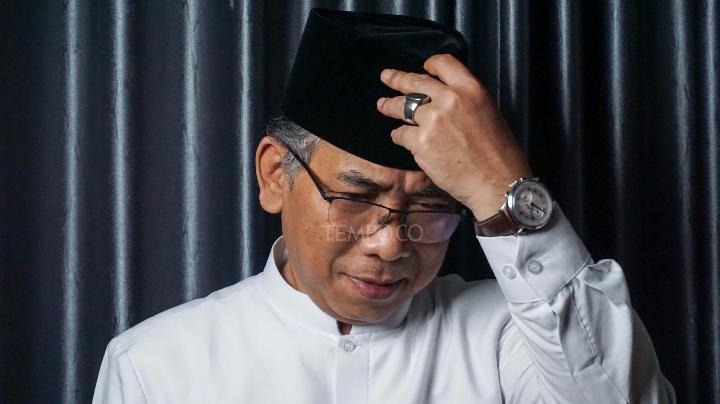
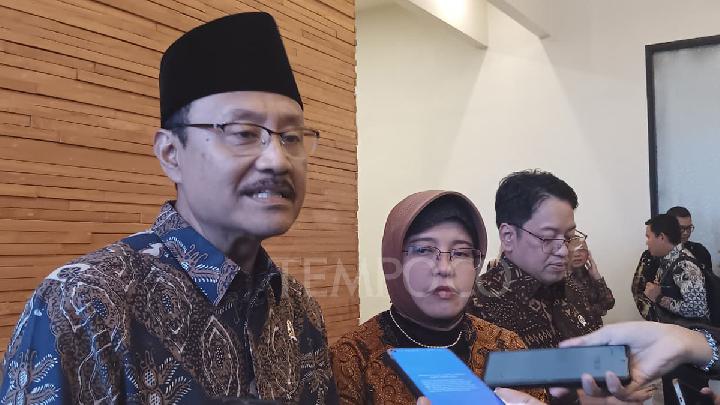
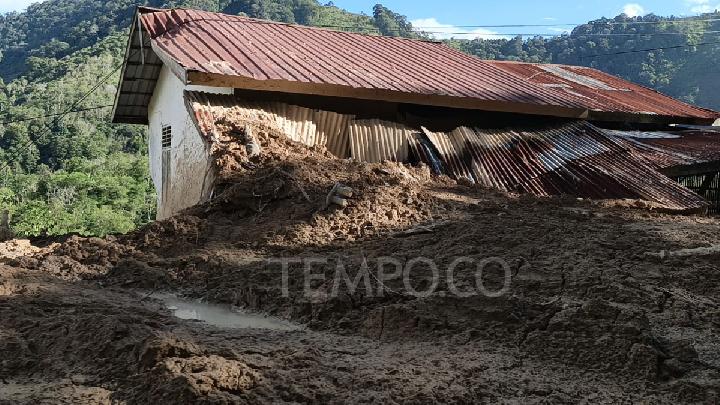

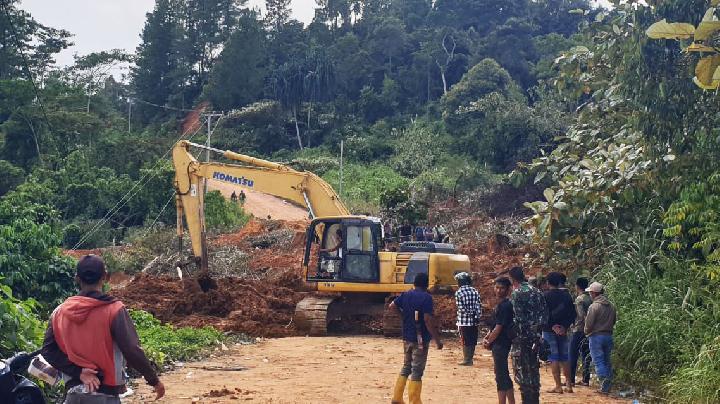


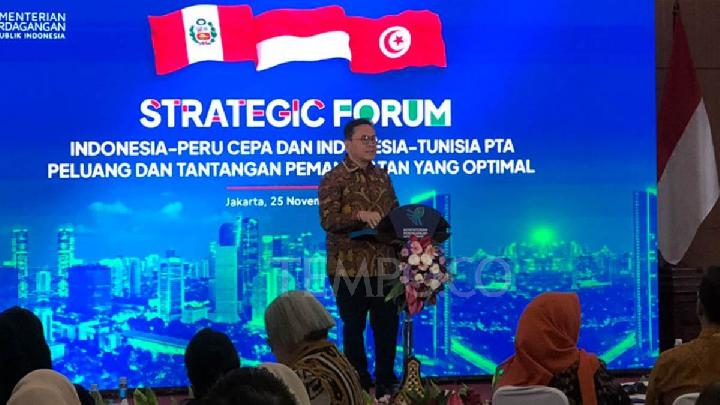



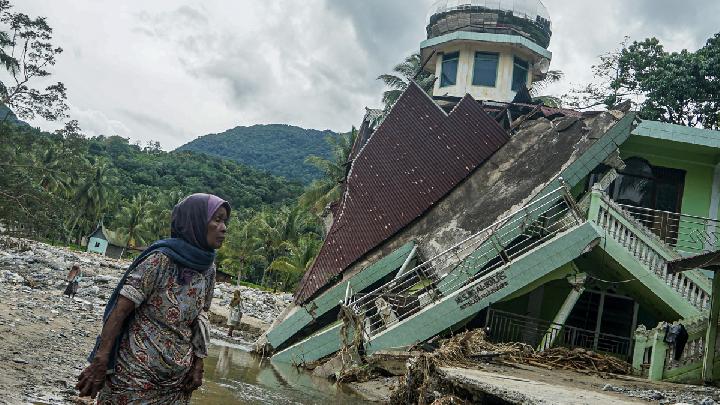




















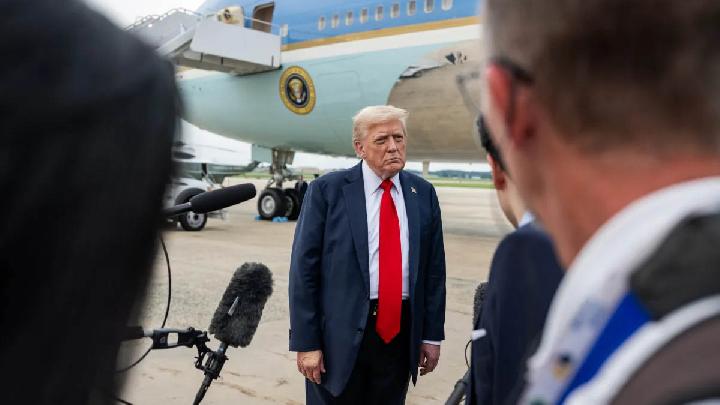

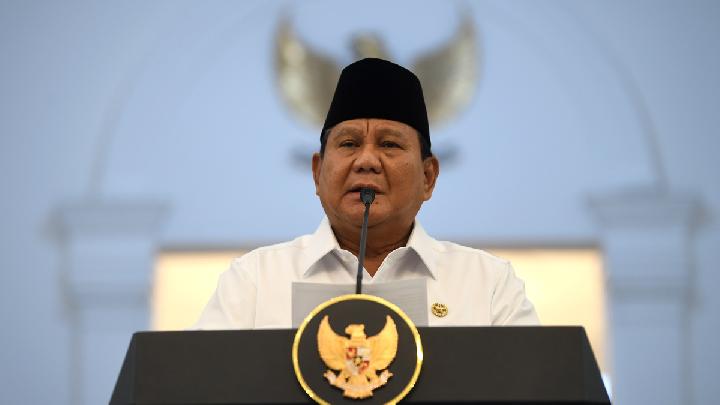
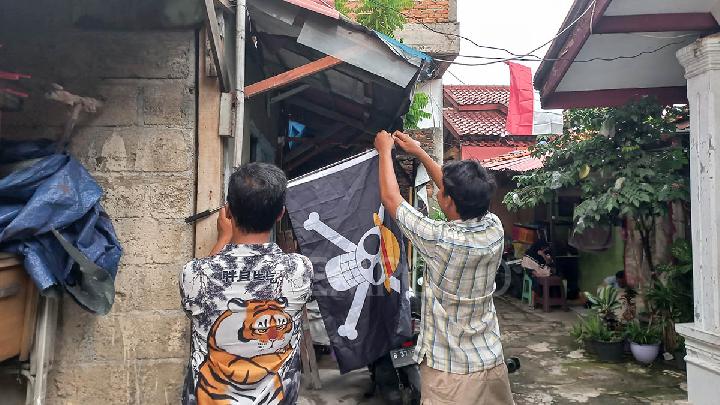



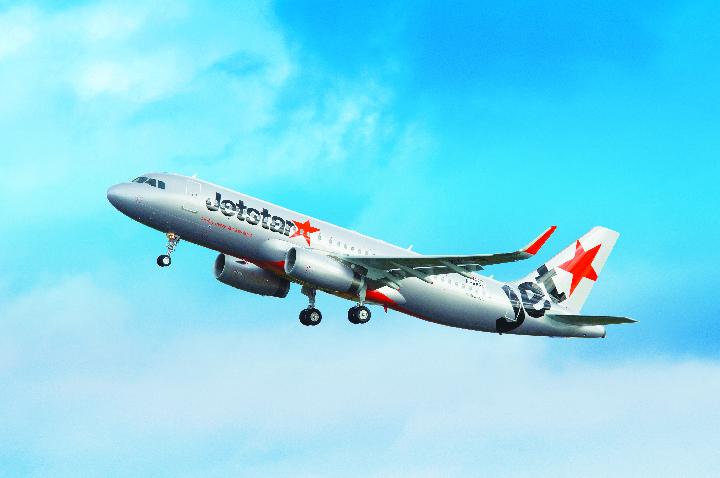
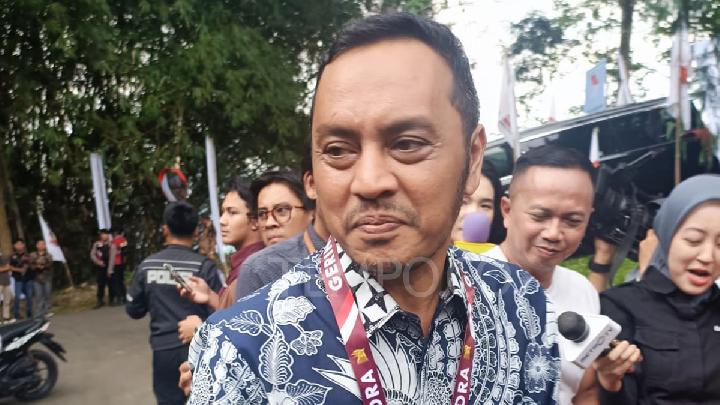
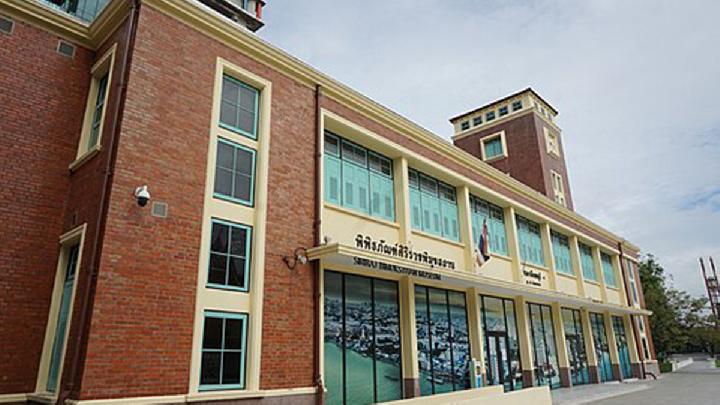
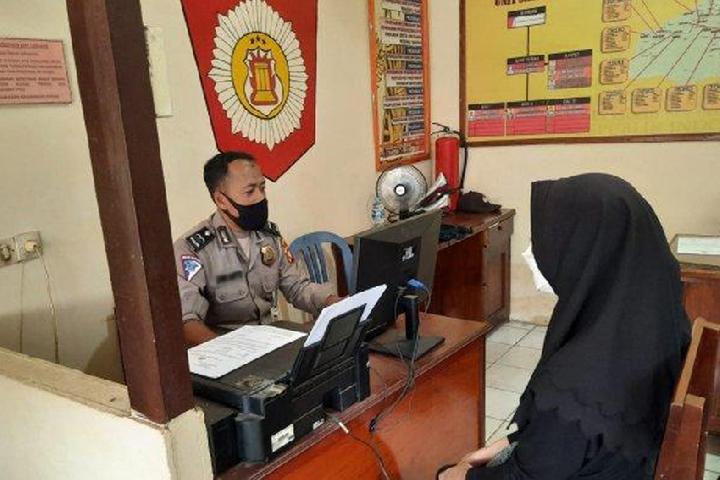


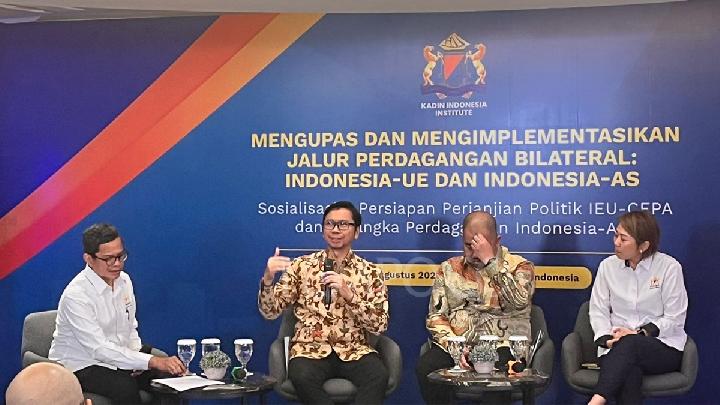

:strip_icc():format(jpeg)/kly-media-production/medias/5243277/original/092151900_1749100247-front-view-cute-little-boy-listening-music.jpg)